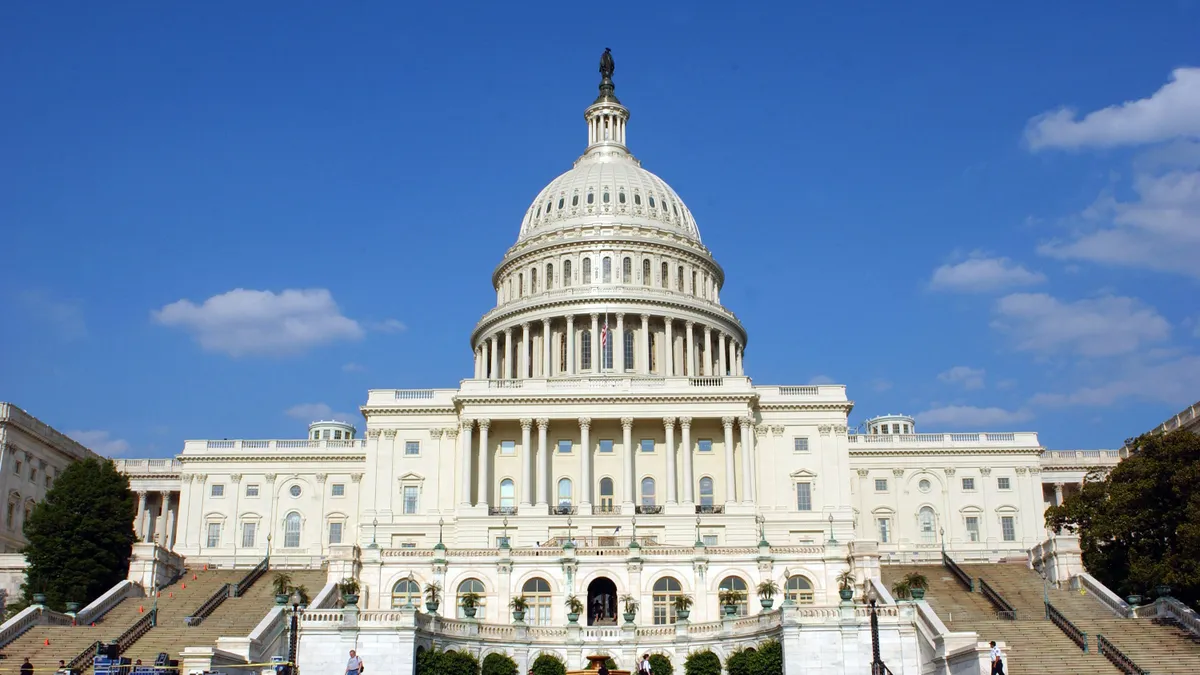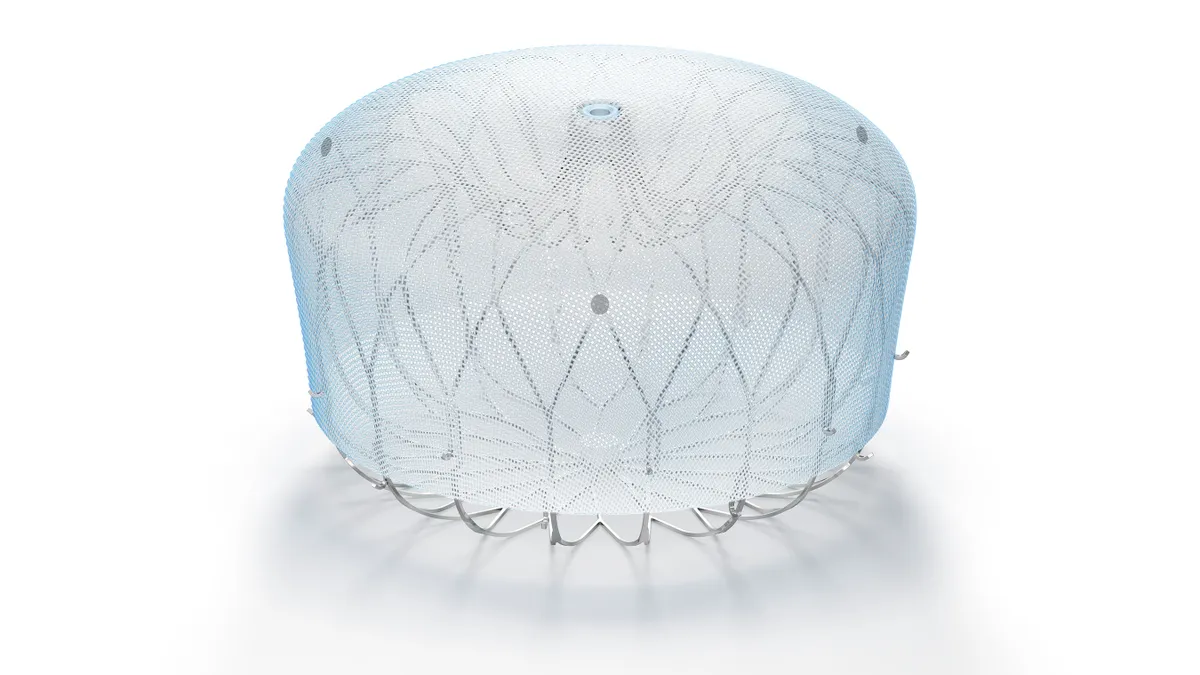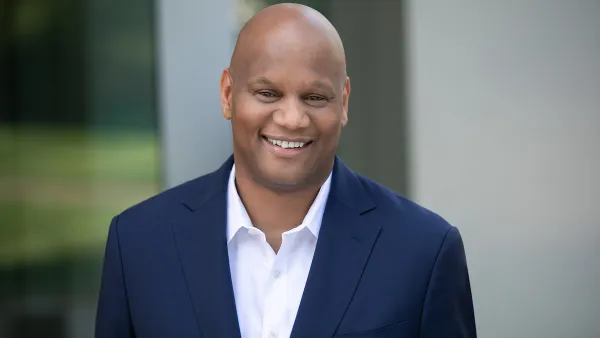Dive Brief:
- An acting director at the Centers for Medicare and Medicaid Services has defended contentious aspects of the planned breakthrough reimbursement pathway.
- At a hearing that lasted almost three hours, CMS’ Dora Hughes made the case for restricting the Transitional Coverage for Emerging Technologies (TCET) pathway to five reviews a year and discussed the exclusion of in vitro diagnostics from the program. Hughes is the agency’s acting chief medical officer and the acting director at its center for clinical standards and quality.
- Some lawmakers, while voicing support for TCET, joined medtech trade groups in calling for the CMS to expand the scope of the pathway to cover diagnostics before the plan is finalized.
Dive Insight:
Hughes spent Tuesday morning at a House health subcommittee hearing fielding questions about how to improve seniors’ access to innovative drugs, medical devices and technology.
TCET, a pathway that the CMS proposed for consultation in June, was a key focus of the discussion about access to medical devices. Multiple lawmakers questioned Hughes about plans to limit use of the TCET pathway to five medical devices a year, with one pushing for an explanation to a limit that “seems arbitrary.” Hughes defended the limit.
The CMS settled on a five-device limit after looking at the pipeline of breakthrough devices. After stripping out pediatric devices, cosmetics, software and technologies without a benefit category, Hughes and her colleagues estimated the CMS will receive around eight nominations for the pathway a year.
“We think with our current resources that we will be able to undertake five [reviews], which I would note is a doubling of our current [workload], on average. That is a significant expansion for us,” Hughes said. Asked what resources the CMS would need to handle more reviews, Hughes said staffing is an issue, but there are additional considerations.
Hughes also received pushback on the plan to exclude diagnostics, a restriction that AdvaMed and the Medical Device Manufacturers Association pushed to overturn in their feedback on TCET. U.S. Rep. Greg Pence, R-Indiana, urged the centers to “carefully consider stakeholder feedback and include diagnostics under the proposed TCET pathway in the final CMS policy.”
Responding to another lawmaker who questioned the exclusion of diagnostics, Hughes said, “There are literally 1000s of these tests” and explained how local Medicare administrative contractors provide the “high level expertise ... needed to review these tests.” In another exchange with a lawmaker, Hughes sidestepped a question about the recourse in place if the CMS misses a TCET deadline.
“We think that by being very transparent, such as by our steps that we took to update the NCD dashboard, we will be able to provide the transparency that manufacturers and other stakeholders need to make sure that we're meeting our timelines,” the acting director said.
The testimony of Hughes and the other witness, John Dicken of the Government Accountability Office, could inform the development of multiple pieces of legislation. Lawmakers listed 25 pieces of legislation as relevant to the hearing, although some of the texts only affect drugs.










